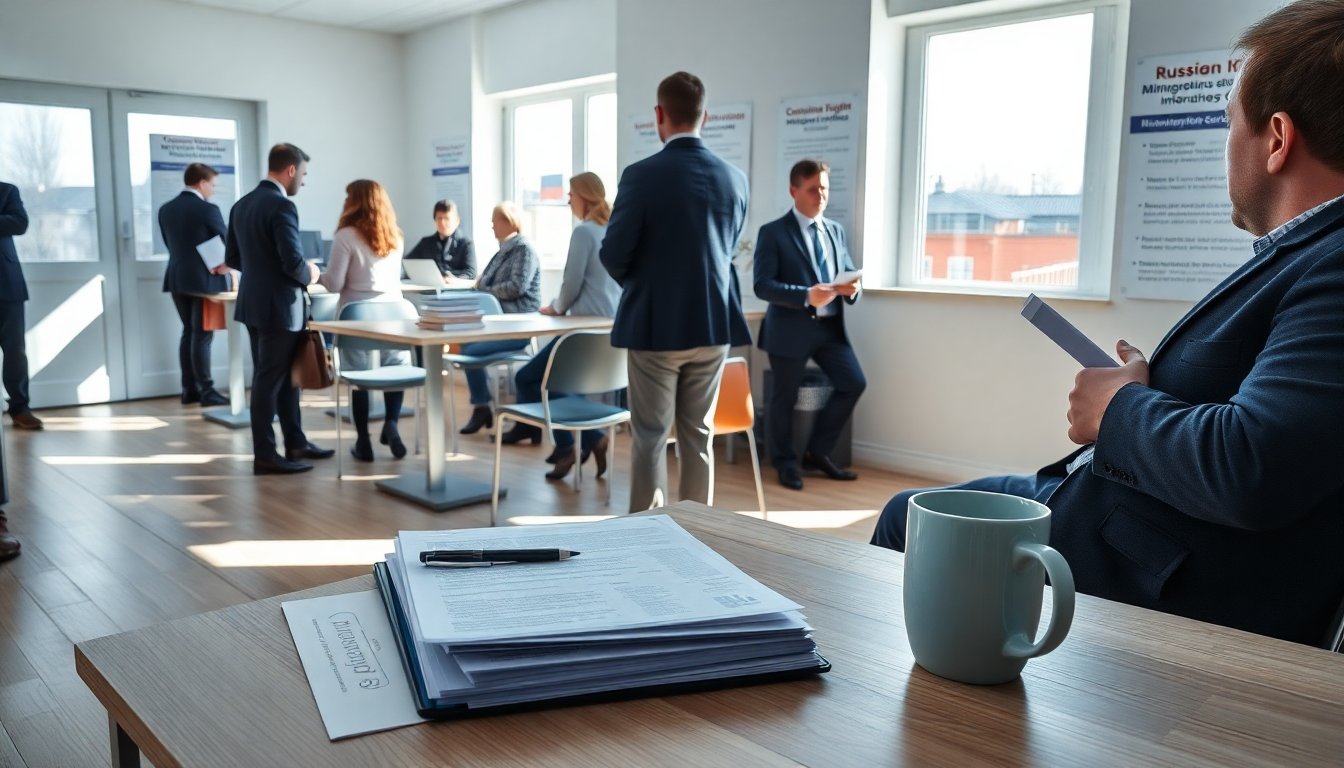Table of Contents
Changes in Latvia’s immigration policy have placed many Russian nationals in a challenging position. The Baltic nation has intensified regulations, resulting in over 800 Russians expected to return home due to their inability to meet new requirements. In response, the Kremlin has extended support to these citizens, promising assistance for their reintegration into Russian society.
Reports indicate that the Latvian government has issued deportation orders for 841 Russian citizens, who must leave by October 13. The reasons for expulsion include insufficient proficiency in the Latvian language, failure to pass a security check, and missing the application deadline for long-term residency.
The Kremlin’s response
Dmitry Peskov, spokesperson for the Kremlin, invited those affected to return to their homeland. He stated, “If they are Russian citizens… they can come back to their Motherland, to Russia. And build a life here.” This statement underscores the Kremlin’s strategy to portray the situation as a manifestation of the hostility displayed by European nations, particularly in the Baltic region, towards Russia and its citizens.
Government assistance for returnees
In light of these developments, Irina Volk, a representative of Russia’s Interior Ministry, announced a plan to assist those affected by the immigration changes. In a post on Telegram, she stated, “Upon arrival in Russia, they will be provided with comprehensive assistance.” However, specific details about the nature of this assistance remain unavailable, as communication with the Interior Ministry has not provided further information.
Latvia’s stringent immigration measures were implemented following Russia’s invasion of Ukraine in 2022, reflecting a broader trend of increased scrutiny towards Russian nationals residing in the country. According to Madara Puķe, head of public relations at the Office of Citizenship and Migration Affairs in Latvia, an estimated 30,000 Russians are affected by these new rules, with approximately 2,600 opting to leave voluntarily thus far.
Narrative of confrontation
The Kremlin’s narrative surrounding these immigration changes aligns with its broader strategy of framing the ongoing conflict with the West as a struggle between Russia and its adversaries. With public support for the war in Ukraine waning, the government seeks to bolster national sentiment by portraying these deportations as evidence of Western animosity towards Russia.
Political implications
This situation may also impact the political landscape within the European Union, particularly if populist leaders aligned with Russian President Vladimir Putin gain power. Upcoming elections could shift the balance towards figures like Hungary’s Viktor Orbán or Slovakia’s Robert Fico, who have shown a tendency to foster relations with Moscow. In this context, the Kremlin’s rhetoric increasingly focuses on ensuring that citizens perceive a united stance against Western pressures.
Furthermore, the Kremlin has employed various tools, including the messaging app Max, to maintain control over public perception and information dissemination. This platform serves to reinforce state narratives and manage the flow of news regarding ongoing geopolitical tensions.
The tightening of immigration regulations in Latvia has forced many Russian citizens to confront unexpected challenges. As they prepare for their return to Russia, the Kremlin is making efforts to ensure a seamless transition while leveraging the situation to reinforce its narrative of resistance against Western hostility. Monitoring the evolving political dynamics in Europe will be crucial, as the implications of these deportations may resonate beyond the immediate context, shaping future relations between Russia and its neighbors.


